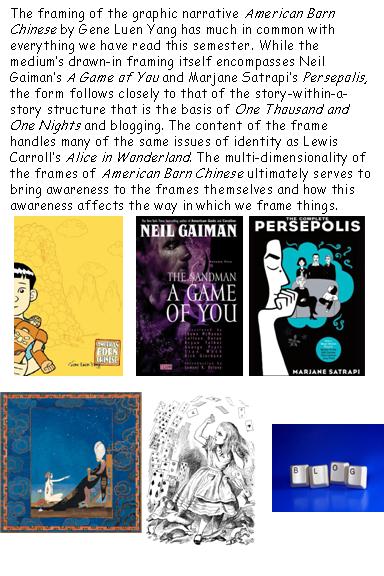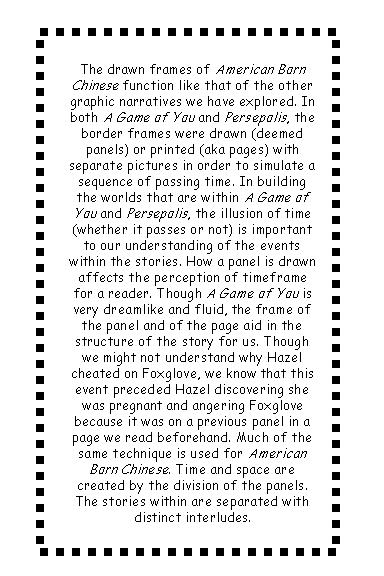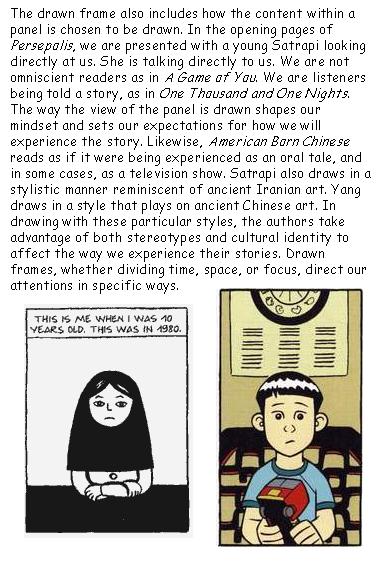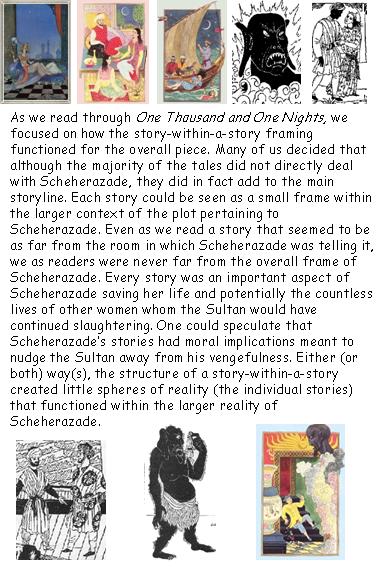Oliver Sacks’ novel, An Anthropologist on Mars, contains seven fascinating and strange neurobiological stories that explore unique perceptions and experiences of both the world and oneself in the world. The first tale, “The Colorblind Painter”, is about Jonathan I., a painter who, after an accident, lost his ability to perceive color in the world, his memories, and even his dreams. He could not remember what color ever looked like (the entire concept was obliterated from his brain), yet, intriguingly, it was determined that he could discriminate wavelengths of light.

 © Serendip® 1994 - All rights reserved. Privacy Policy
© Serendip® 1994 - All rights reserved. Privacy Policy









